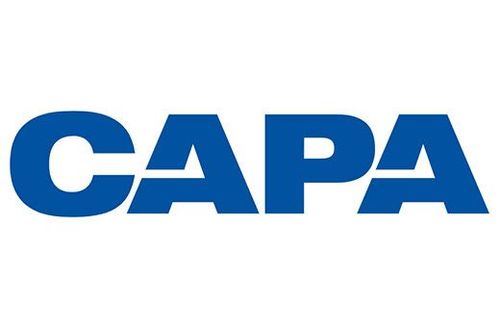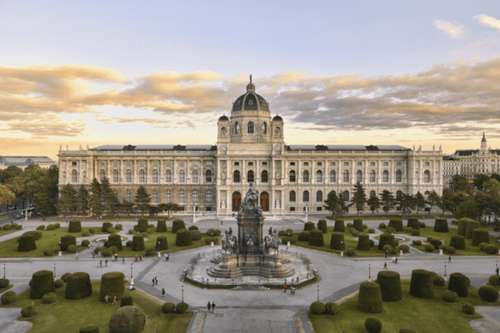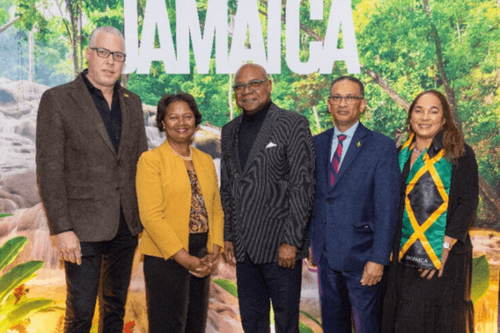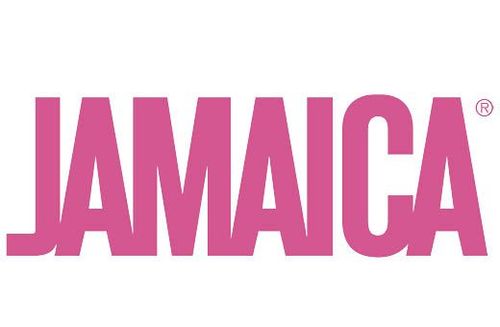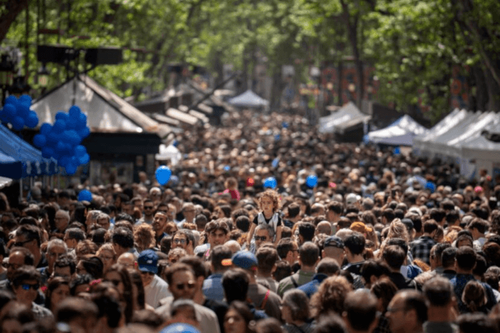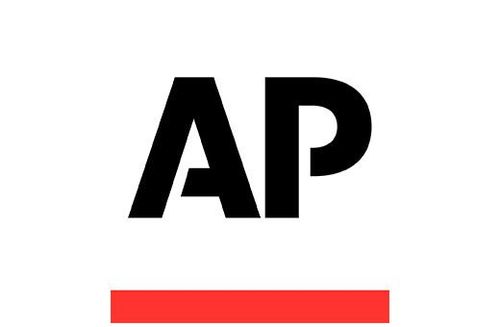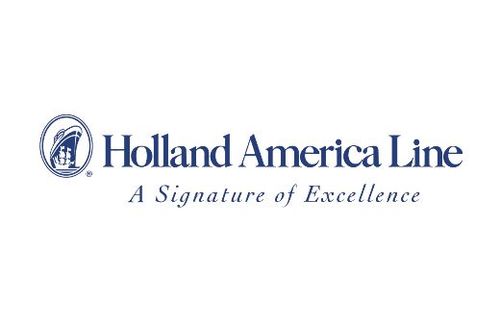Where travel agents earn, learn and save!
News / Global travel leaders say confidence in a full travel recovery in 2023 has increased
A new survey of global travel industry experts shows an increase in expectation of travel resumption to pre-pandemic levels in 2023, versus expectations from five months ago
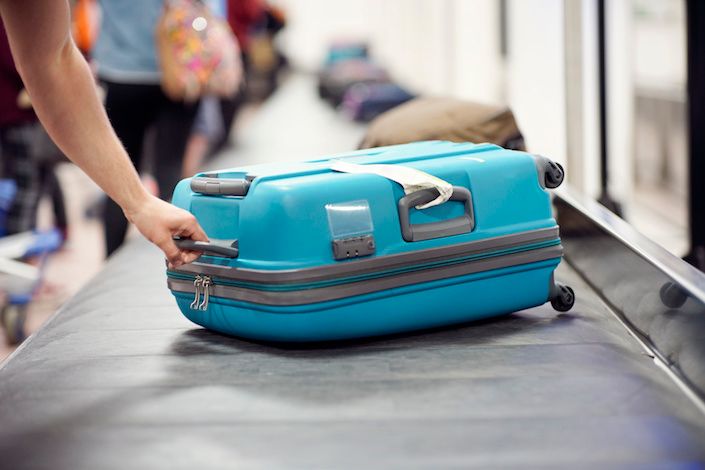
As the travel ecosystem continues to adapt to the ongoing Covid-19 pandemic, a newly launched second edition of the ‘Asia Pacific Travel Recovery Report’ from Collinson, a global end-to-end travel experiences, airport services and travel medical company, and CAPA – Centre for Aviation (CAPA), showcases the latest travel industry recovery predictions – including traveller expectations – for the coming year and beyond.
The extensive survey of more than 400 C-Suite and senior managerial level travel industry experts from leading global travel brands reveals that while 37% of respondents are now expecting a ‘full recovery’ to 2019 pre-pandemic levels in 2023 – compared to 35% in the April 2021 survey – optimism that herd immunity would be reached in the US, UK and a few other developed countries has slipped from 33% to 24%. Additionally, concerns around quarantine and fraudulent Covid-19 test results remain a worry for respondents.
The survey was carried out in September 2021 by Collinson in partnership with CAPA – one of the world’s most trusted sources of market intelligence for the aviation and travel industry – to continue the study of the industry’s recovery and predict the new traveller experience.
Borders re-opening
Polarization with regards to travel controls, testing and policies remains globally, with market requirements, protocols and measurements continuing to change over the course of the last few months.
That said, an increasing number of experts now expect border re-opening arrangements by governments to ease or substantially ease in 2022 (43%), whilst a third of global respondents (32%) still expect border reopening arrangements by governments to evolve at different rates in 2022. This is a significant reduction from the April 2021 survey of 56%, where uncertainty dominated.
Testing to remain, with quarantine phased out
Signalling confidence in testing protocols enabling a safer return to travel, over half (54% – an increase of 3% since April) expect robust Covid-19 testing to remain key to re-opening borders until the end of 2022, with a further 26% expecting this until the end of 2023. This mindset can be seen by the recent border re-openings in markets such as Singapore, Australia and the United States – all of which cite Covid-19 tests as core components for reduced quarantine or even quarantine-free travel.
That said, 74% of experts are concerned by reports of fraudulent Covid-19 test results and vaccination passports. Levels of those ‘very concerned’ are up from 38% in April 2021 to 41% in September 2021 and for ‘mildly concerned’ from 28% in April 2021 to 34% in September 2021.To address such concerns, Collinson is partnering with over 30 airlines, airports and technology providers globally both to help implement enhanced verification processes at key checkpoints in the journey, as well as make trusted, accredited Covid-19 testing more easily accessible to travellers.
Globally, just shy of a huge three quarters (72%) shared the view that traveller vaccine documentation is of ‘vital importance’, with most governments not risking re-opening borders without them. This is an increase of 5% when compared to the April study. Conversely, less than a fifth (18%) considered them ‘not important’, as some governments will allow access regardless of digital health documents.
Once a traveller has entered a country, they then face possible quarantine. Almost two-fifths of experts (38%) now expect quarantine measures will remain in place for the foreseeable future as an extra safety precaution in addition to vaccinations and testing, up from 23% in April 2021.
Conversely, a larger number of industry leaders remain hopeful regarding imminent action in this area. 42% believe quarantine measures will be phased out by the close of 2021, in line with vaccinations and testing measures becoming more widely available. However, the sentiment has evidently decreased when compared to 58% who were of the same belief back in April 2021.
The traveller’s state of mind
A large proportion of experts believe that travel is ‘extremely safe’ if everyone adheres to preventative solutions (e.g. mask wearing, social distancing). But that said, the figure has dropped by a noticeable 17% (42% recorded in September; 59% in April), suggesting a dip in confidence despite the widespread vaccine rollout, and given the varied nuances as to what individuals may consider to be safe solutions.
Similarly, insiders considering travel as simply ‘not safe’ has doubled: from 4% in April 2021 to 10% in September 2021. This is indicative of the opportunity to reassure, educate and communicate to passengers how safety remains the utmost priority, particularly as more travellers take to the skies.
Unsurprisingly then, questions remain on whether travellers will be able to kick back and relax once their plans are booked. Unlikely, according to the survey, with three-quarters of experts (79%) opting to believe that travel will feel ‘more stressful’ than before the pandemic (up from 70% in April 2021).
The results show a likely increased desire to be ‘away from the madding crowds’ with fast-track accesses and lounge experiences preferred, for peace of mind. This is in line with Priority Pass’s global drive to enhance lounge experiences for travellers; with the introduction of Be Relax Spas for the ultimate pre-flight relaxation, and contactless food and beverage offerings such as Ready 2 Order set to double its presence across the lounges for a seamless dining experience.
Slow reboot for business travel
While short-haul business and corporate travel has made a cautious comeback in certain markets, there’s been little movement between the April 2021 and September 2021 surveys. In predicting travel in 2022, just over a third (35%) of respondents expect a 41-60% recovery to 2019 pre-pandemic levels of short-haul business travel, while 23% are more positive and expect to hit 61-80% of 2019 levels next year. Only 8% see 80%+ of 2019 levels next year – indicative of the tapestry of travel remaining in its ‘new norm’.
In Asia Pacific specifically, just 24% see short-haul corporate travel recovering to more than 61% of 2019 levels next year – and 7% see demand reaching four-fifths of 2019 levels.
Long-haul business travel remains the furthest from reach. Recovery to 2019 levels is expected to take longer than any of the other segments, with respondents becoming less confident in the timescale of segment recovery, due to travel restrictions remaining imposed far longer than previously anticipated. According to 86% of respondents, less than two-thirds of the long-haul business/corporate travel market will be back next year. Whilst in Asia Pacific, just under a third (30%) of survey respondents believe that we won’t even reach 20% of 2019 levels next year.
Download the full Asia Pacific Travel Recovery Report here.



